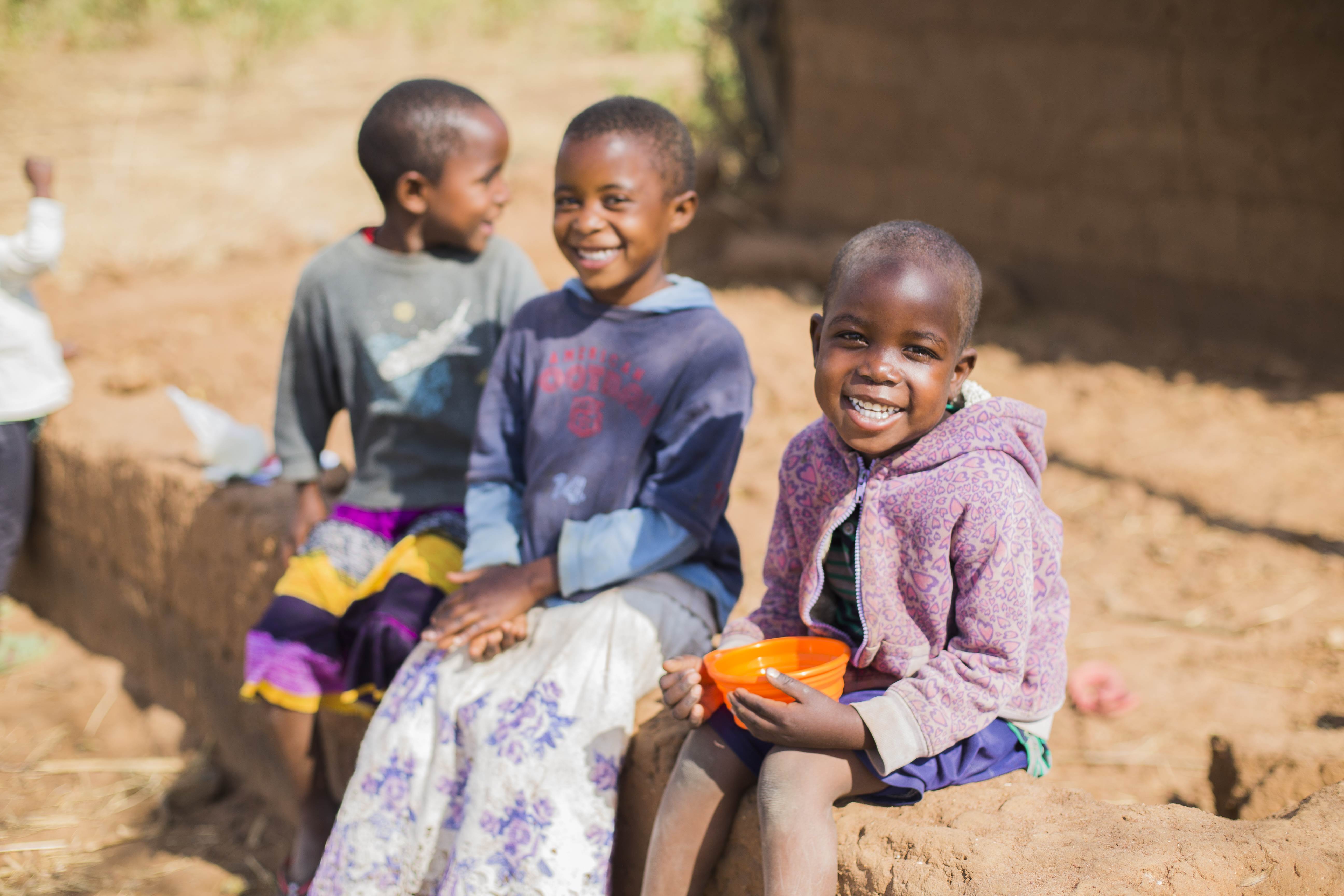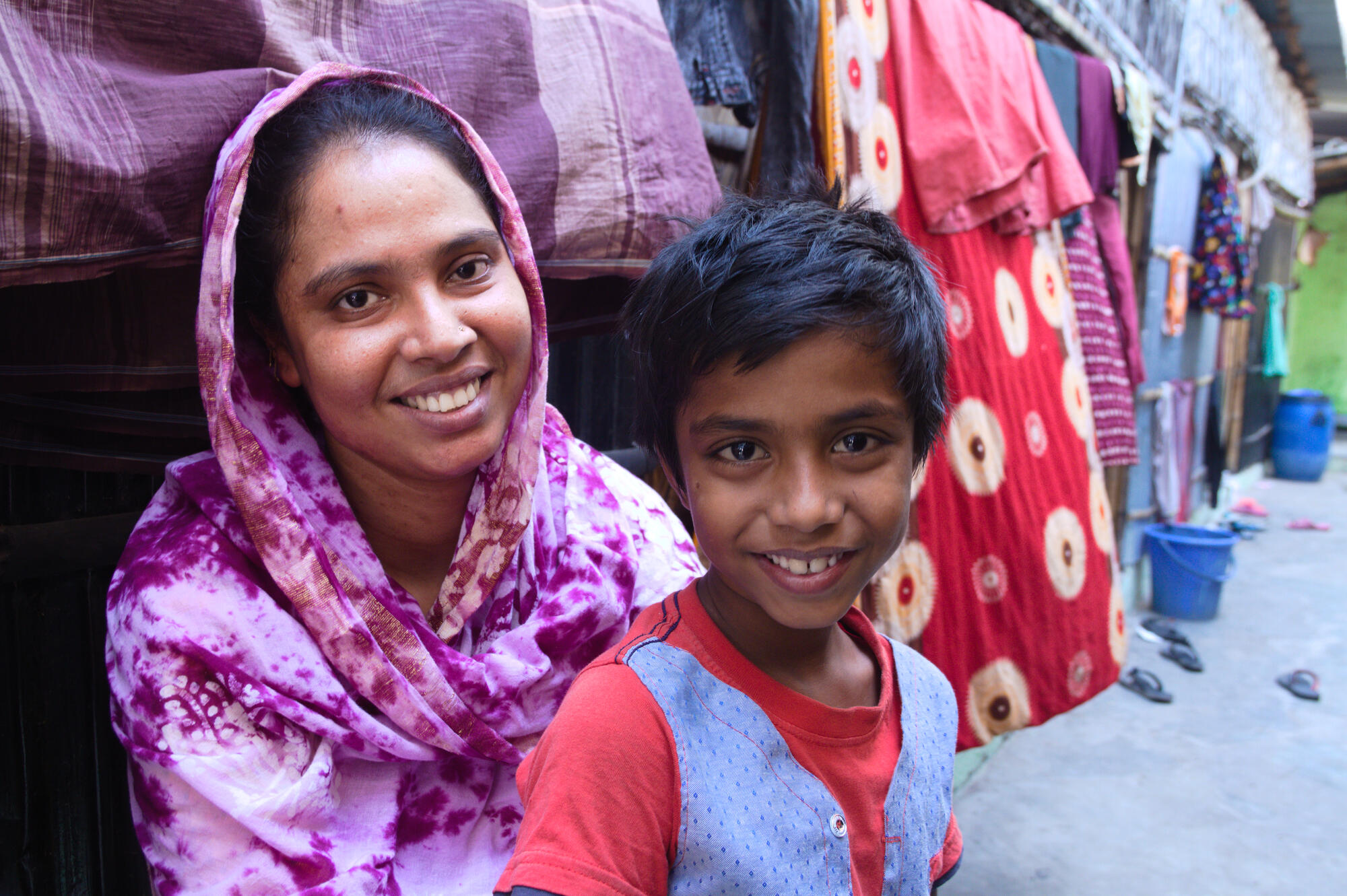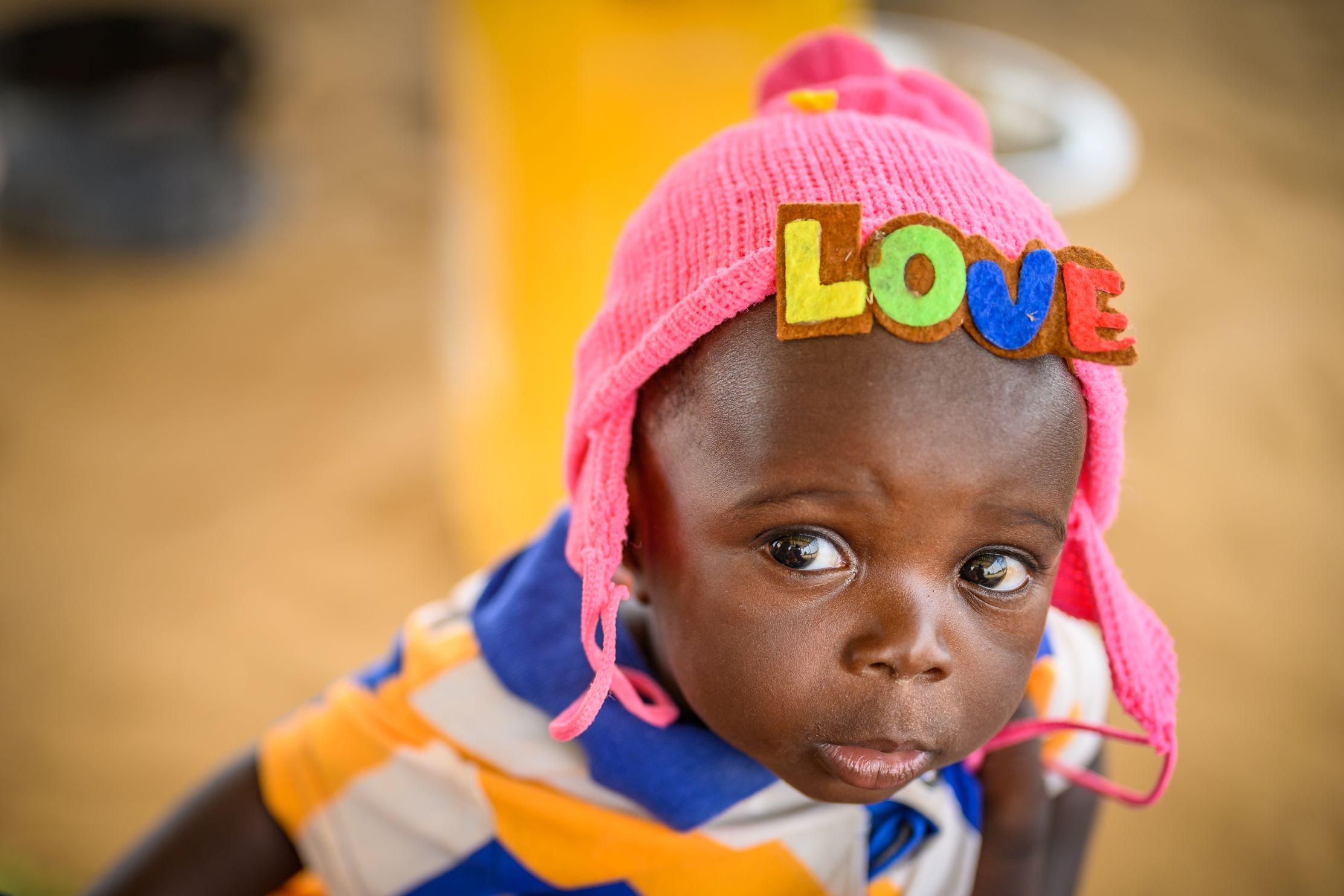
Valentine's Day gifts can change lives
Choose to give a charitable present to share the love
When is Valentine’s Day?
Every year, Valentine's Day, also known as St. Valentine's Day, is celebrated on 14 February across the globe.
It’s been around for hundreds of years. A bit like Marmite: some love it, some hate it, but either way it’s here to stay.
Whether you go all in or all out, Valentine’s Day can be an opportunity to show your affection in a meaningful way. As a Christian charity, World Vision is all about sharing the love and with our charity gifts, you can share double the love. Read on to find out more about love languages and how to share the love by donating to charity.
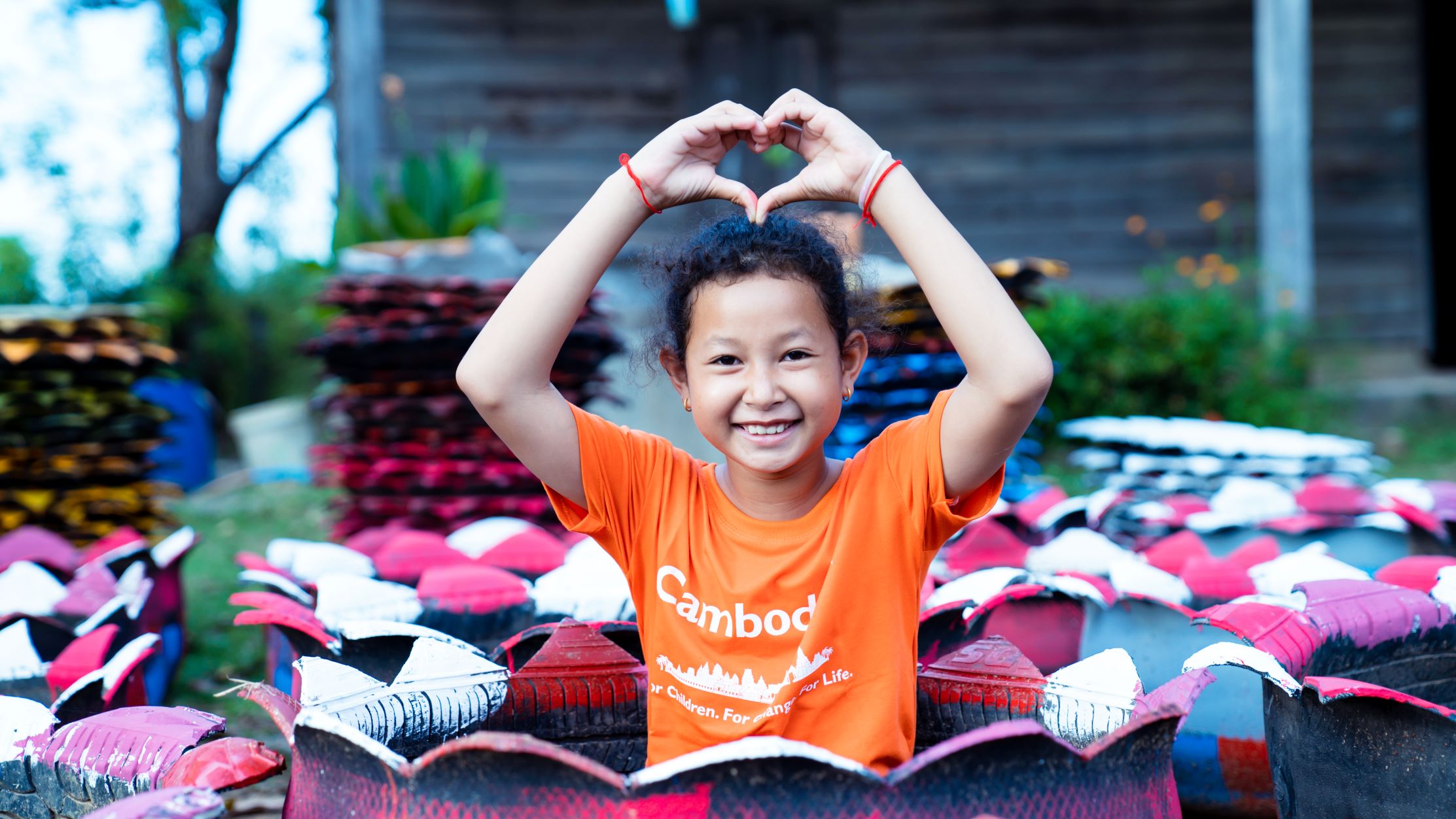
Love is a verb
We often think of love as just a feeling, but it’s so much more! Love causes us to act. It can inspire us to be creative, brave, compassionate… and maybe sometimes a little bit crazy. Ultimately, when you love someone, it shows! That’s why learning your partner’s love language is an important way to learn how to love each other in your own personal way.
What are love languages?
No, we’re not talking Shakespeare. In the 90s, Gary Chapman published a book titled ‘The 5 Love Languages: The Secret to Love That Lasts’ exposing why falling in love is easy, but staying in love is the real challenge.
There are said to be five love languages that people use to communicate their feelings. These are: words of affirmation (verbal compliments), quality time (doing something together and focusing on that moment), receiving gifts (whether it’s a small gift or more significant presents), acts of service (helping your partner with chores or cooking a meal) and physical touch (holding hands or cuddling on the sofa).
But love languages aren’t limited to only your romantic relationship. In fact, learning your friend’s love language can help you to build a stronger friendship and show them you really care. This can be as simple as complimenting their new haircut, arranging time to go for a walk, buying them a coffee, cooking them dinner, and giving them a hug.
Why are love languages important?
In a relationship, chances are your partner or friend is going to have a different love language to you. An expensive gift might not go down as well as asking how their day went, while a kiss or a hug might be preferable to a compliment about their cooking.
Perhaps you’re looking for a meaningful way to celebrate Valentine’s Day that is different from gifting a box of chocolates or a bouquet of flowers. Check out our range of charitable Valentine’s gift ideas to provide a meaningful and lasting present to show you care, as well as helping vulnerable children around the world.
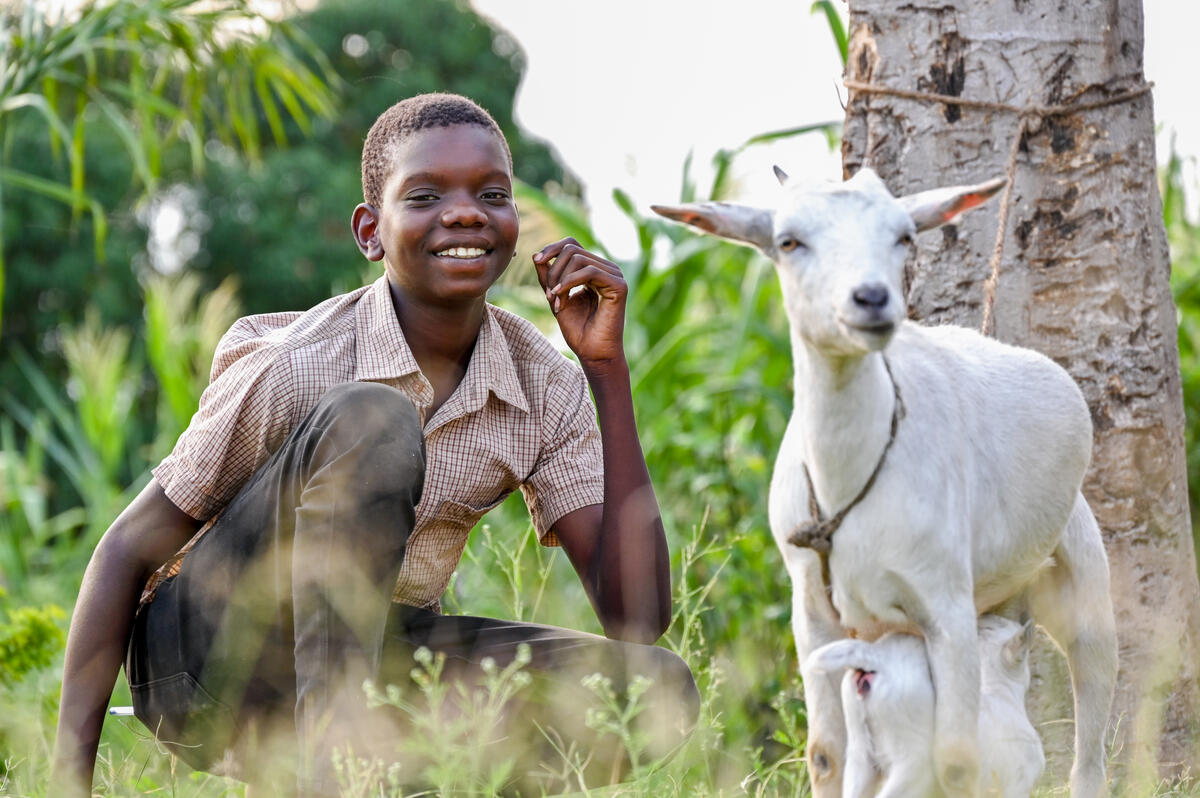
Our love language
At World Vision, our love language could be defined as acts of service. We exist to help the most vulnerable children overcome poverty and experience fullness of life. We do this in many ways, from providing food, clean water and other essentials during conflict or disaster to investing long-term in communities.
You can care for vulnerable children around the world by giving your partner or friend a charitable gift for Valentine’s Day. With our Must Have Gifts, you’ll be showing your loved one you care as well as making a lasting difference in the lives of vulnerable children like Jerry.
Read Jerry's story
Jerry, now 14, lives and grew up in Uganda with his parents and four siblings. His father generated an income as a tobacco farmer, using Jerry’s grandfather’s land to plant crops to help sustain the family.
In 2016, when he was eight-years-old, Jerry lost his father after a short illness and from that point on, he recalls life being very difficult.
“My mother was so stressed and almost left us. She was struggling to figure out how to pay for our school fees,” Jerry says.
Jerry’s mother decided to send three of his siblings to stay with distant relative, but he wanted to do anything to find ways to help his mother and younger siblings.
He explains, “I would have not gone to school again, but my uncles continuously encouraged me not to give up but finish school so that I could get a scholarship.”
READ MORE: Is education a human right?
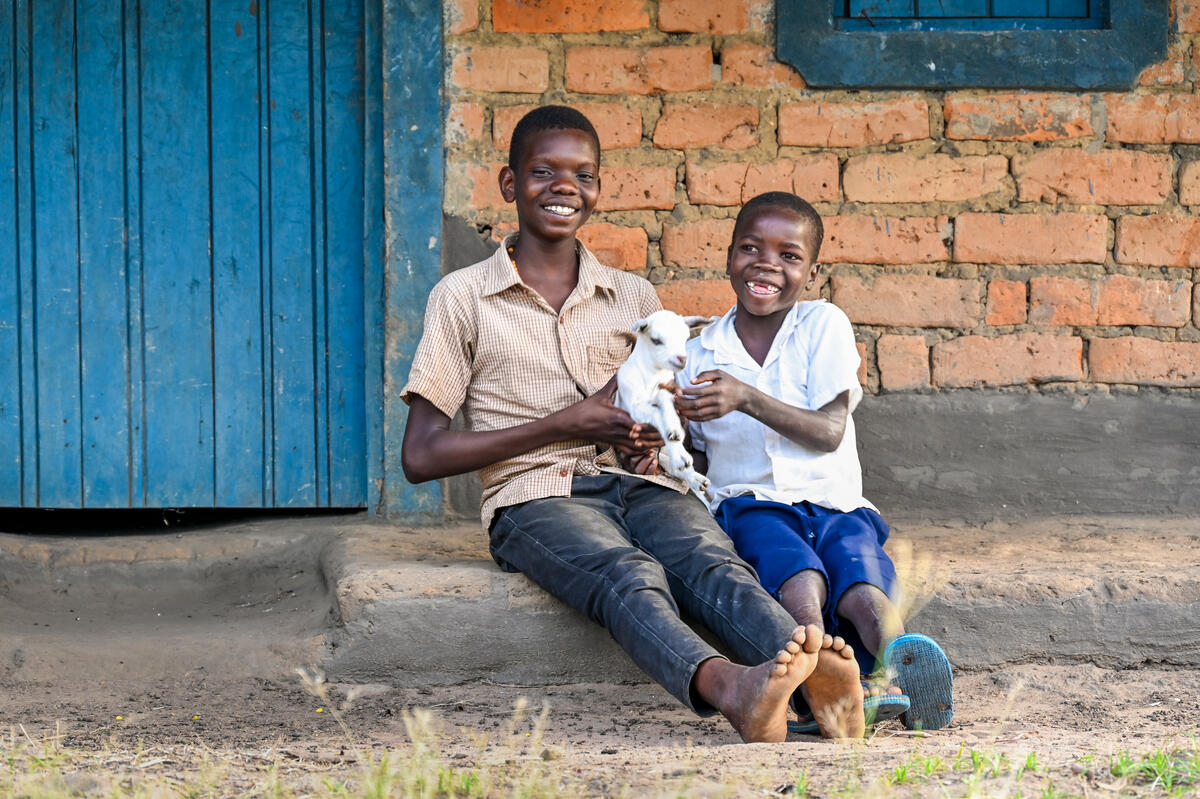
Gifting goats can transform lives
Thanks to gift donations, World Vision distributed two goats to Jerry’s family. The nanny goat, named GuluGulu, gave birth to three kids in her first pregnancy. Ever since, the goats have kept multiplying and his family currently owns 12 goats.
“That is GuluGulu’s daughter. I call her Peace,” Jerry says. “Ever since we received these goats from World Vision, I have had so much peace.”
The gifted goats are bringing immediate benefits through their nutritious milk. But they’re also helping Jerry’s family to generate an income by breeding goats and selling their milk.
Now, they can afford to pay for medical treatment, school fees and educational materials.
Jerry’s story is the perfect example of the power of love. He, and so many other children experiencing extreme hardship across the world, is why World Vision exists.
Do you want to give your loved one a meaningful gift this Valentine’s Day? Discover all of World Vision's unique charity gifts and how you can make a difference.



